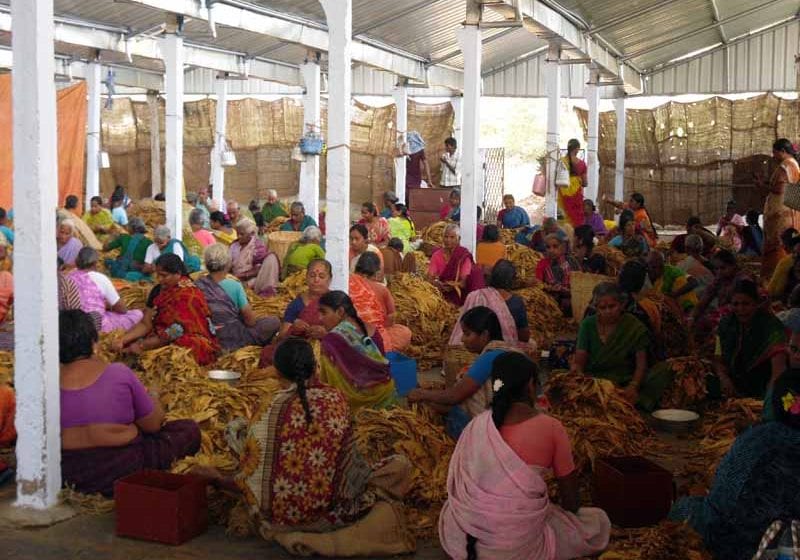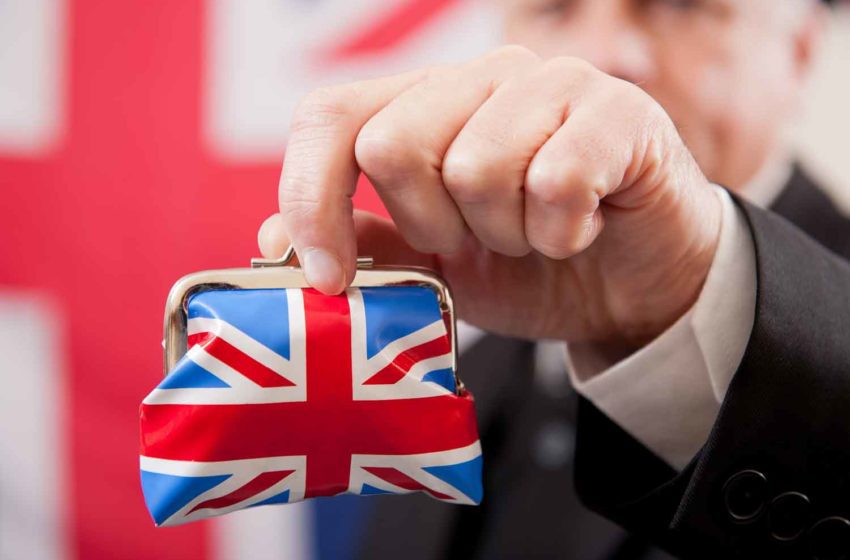The Federation of All India Farmers’ Associations (FAIFA) on Monday urged the Indian government and the World Health Organization to make room for tobacco-farmer representatives at the upcoming Framework Convention on Tobacco Control’s (FCTC) Conference of the Parties, according to an Indo-Asian News Service story.
“We have written to the government that FAIFA, as representatives of tobacco farmers, be included in the official Indian delegation to COP7,” said Murali Babu, FAIFA general secretary.
“Allowing tobacco farmers to take part in the deliberations will underline the principle of transparency required in any public policy-making process and underscore the inclusiveness and fairness of the global health body.”
According to the federation, the participation will help it understand the future course of actions being proposed by the WHO on tobacco control and the likely impact of those actions on a tobacco crop cultivated by half a million farmers as their sole income source.
“As representatives of the tobacco farmers in India and in view of the fact that the COP7 is being hosted by India, we wish to make an urgent appeal that farmers should be allowed to participate in the deliberations of the conference,” said FAIFA President B.V. Javare Gowda.
The COP7 meeting is due to be held at Delhi on November 7-12.
“It is a matter of great concern for us that FCTC decisions in the past are made behind closed doors, with the media, the public and tobacco farmers excluded from the process,” said Babu.
“The interests of tobacco growers are not represented in the debates especially when the decisions arrived at during the conference have direct bearing on the lives of tobacco growers.”
The chances of tobacco-grower representatives being allowed to participate at COP7 are possibly remote. A recent report had it that many Indian delegates might be barred from the proceedings because of the conflict of interest created by the government’s holding a stake in the country’s hugely dominant cigarette manufacturer, ITC.
According to a story by Yael Ossowski for the Huffington Post, internal documents obtained from the FCTC showed that the organizers were acting so as to ‘ensure the exclusion of representatives and officials from…fully or partially state-owned tobacco industries, including state tobacco monopolies’.
The policy of banning delegates having associations with tobacco production is said to be ‘so broad that it will almost certainly prohibit finance ministers, economic development secretaries, public health officials, and even presidents and prime ministers representing countries that operate state-owned tobacco growing or manufacturing operations, or engage in marketing and trade efforts’.












